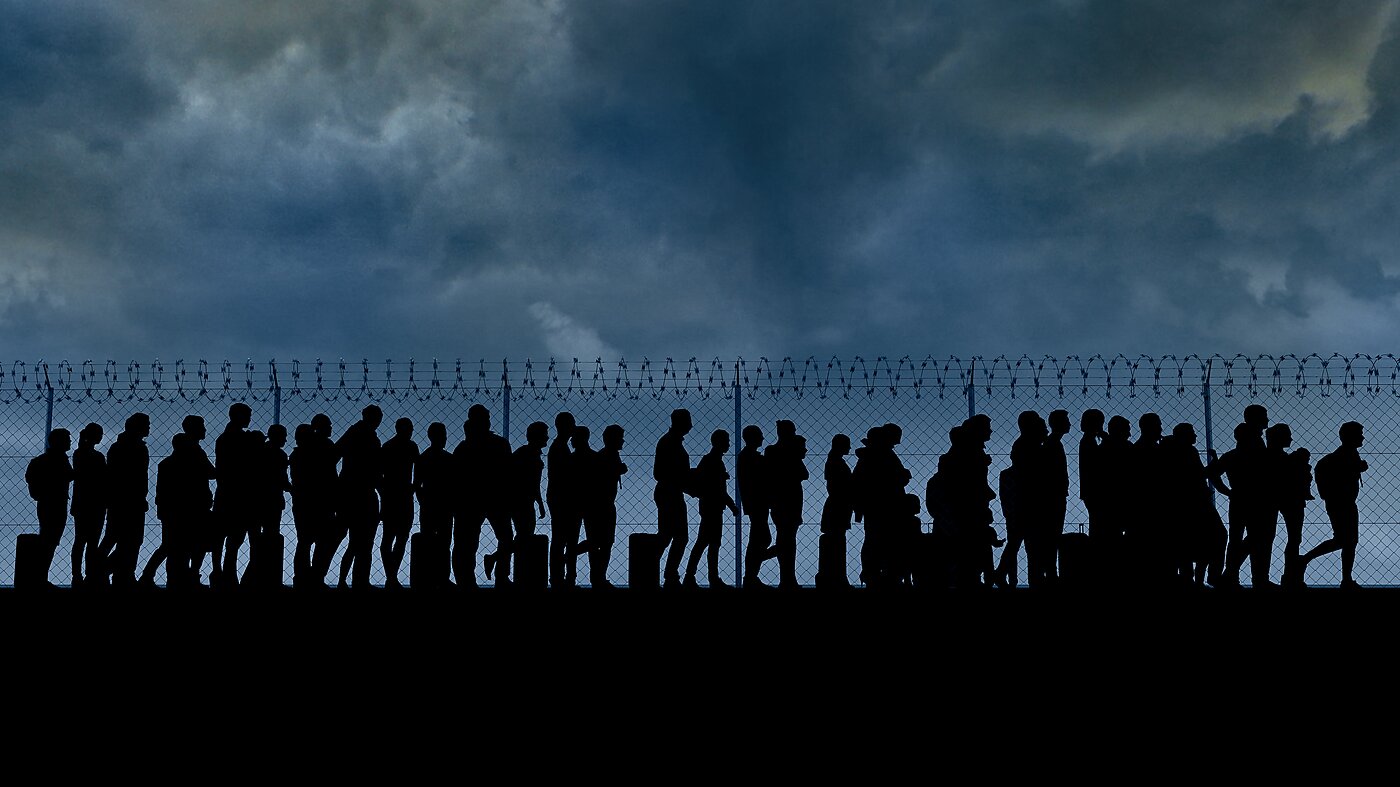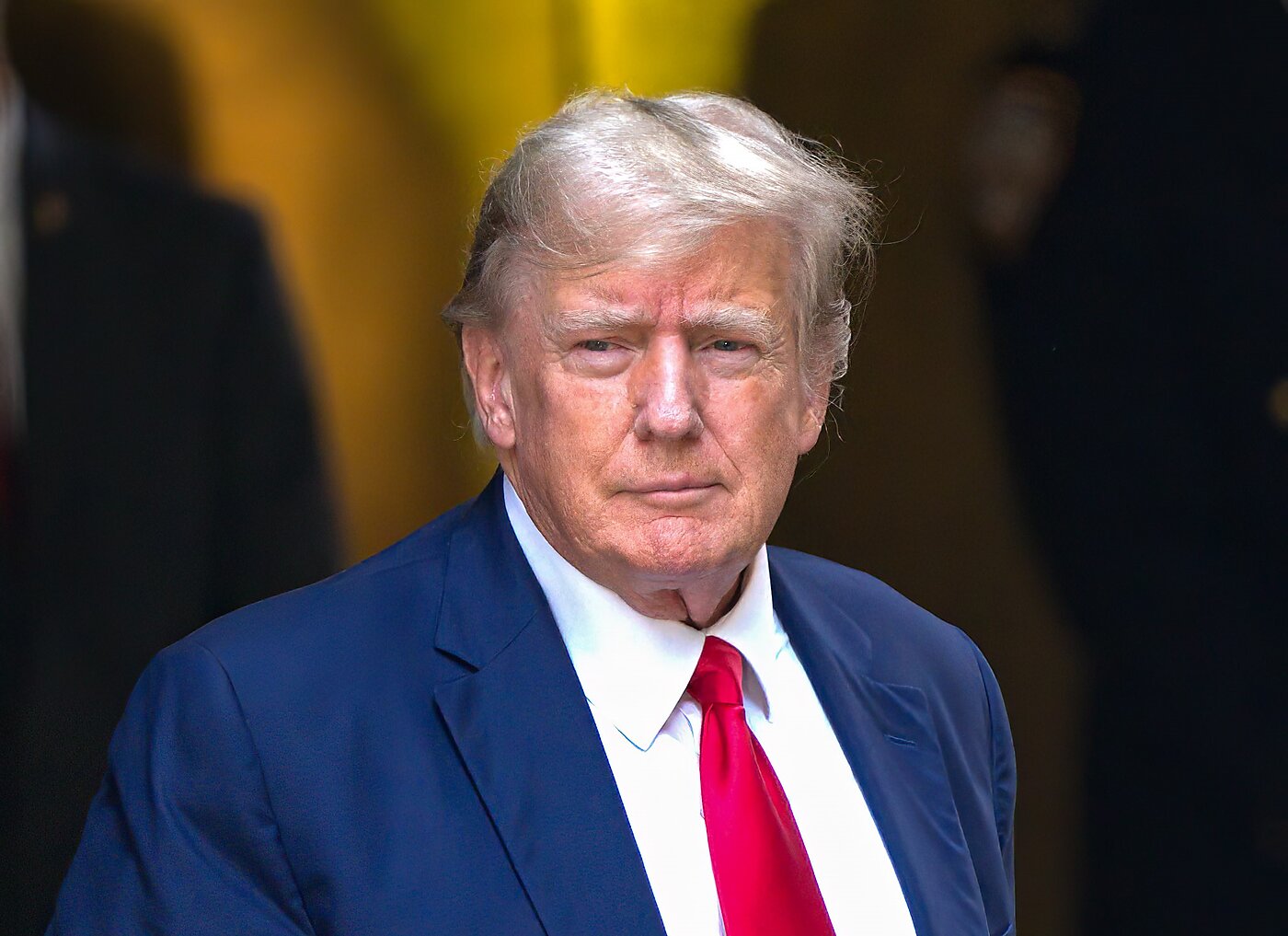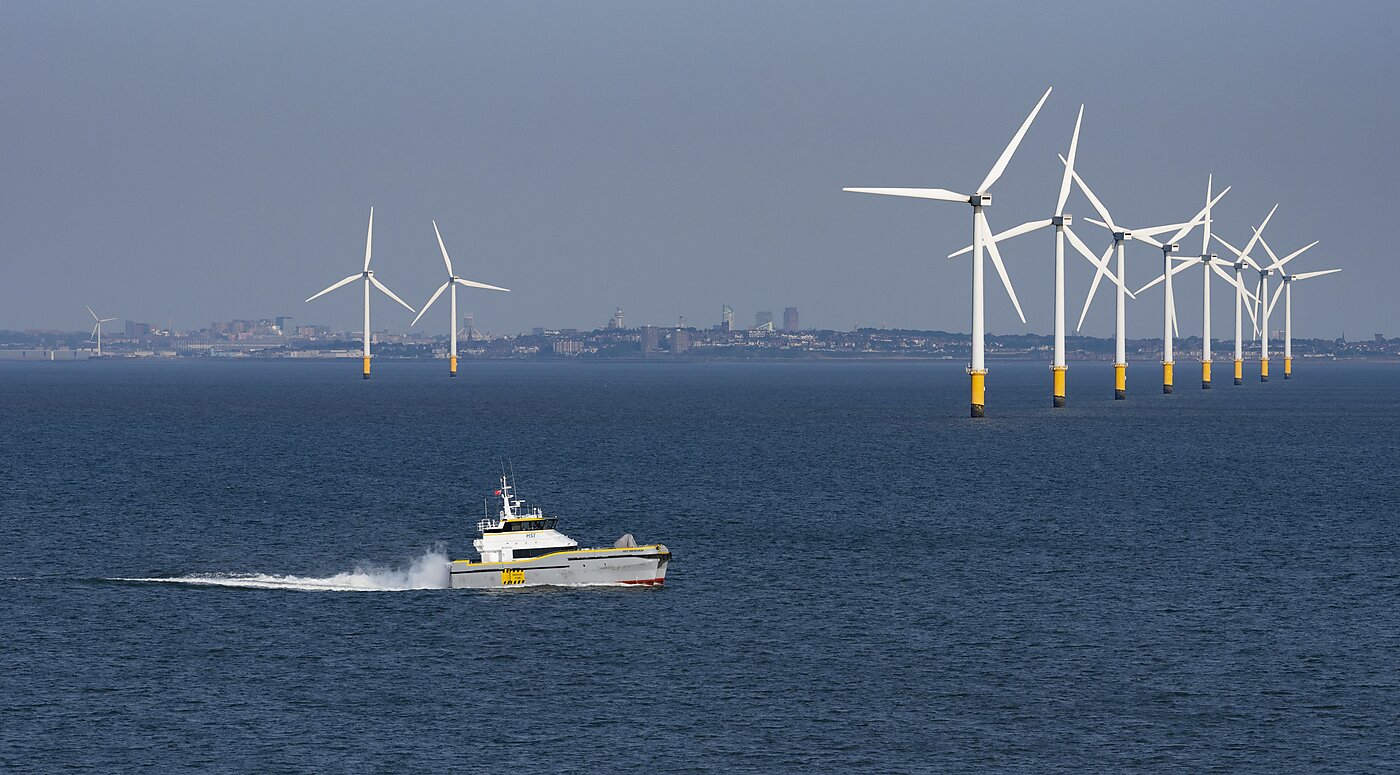Last night’s US/British strike against Houthi military targets in Yemen escalated operations to protect shipping in the Red Sea from an expensive and wasteful defensive project to an offensive that could draw the United States further into the Yemeni civil war. Even Saudi Arabia, which has been fighting the Houthis for years with support from the United States and with little success, did not favor the US/British strike, stressing the need for “restraint and avoiding escalation.”
The US-led coalition,Operation Prosperity Guardian, which began December 18, costs the United States too much. Deploying Navy ships and aircraft to the Red Sea costs US taxpayers for fuel and munitions and other consumable items (e.g., radar decoys that might be deployed as part of the operations), and exposes those US ships and aircraft to greater (though still modest) risks of combat.
Some of the weapons against the Houthis are inexpensive by US standards (say, rounds from US destroyers’ 5‑inch guns or helicopter-launched rockets that might hit a Houthi speedboat or unmanned surface vehicle trying to attack a ship). But even those cost a lot compared to the cost that the Houthis (or their patrons) pay to mount the attacks, creating an unfavorable financial tradeoff for the United States.
Other US weapons likely engaged are much more expensive: Standard missiles that engage anti-ship ballistic missiles cost millions of dollars each, and even the cheaper air-to-air missiles potentially used against Houthi anti-ship cruise missiles (or, worse yet, drones) cost hundreds of thousands or even a million dollars each. (Though the Department of Defense has not confirmed the specific munitions used to thwart Houthi attacks, we know the types of weapons that the US forces generally use to defend against missile and drone attacks, whether the defensive weapons are launched from aircraft or surface ships.)
The Houthis have launched a total of 27 attacks since mid-November against shipping in the Red Sea, going after a small handful of cargo ships amid the thousands that have transited the area during this timeframe. While these attacks seem scary, their effectiveness is negligible. It is possible that a lucky shot could kill someone or impose significant cost if it happened to hit highly valuable cargo, but few of the attacks hit anything.
For example, the Houthis’ initial use of anti-ship ballistic missiles, which received much press attention because it was their first use of that type of missile, landed kilometers from the cargo ships and warships that it was allegedly targeting. The weapons are inaccurate.
Meanwhile, the bulk of the Houthi attacks have been with drones that do not pack much explosive punch: even if they hit a target (which they may not do, even if no one tries to intercept them), they might only damage a small handful of containers on a container ship amidst the thousands on a single ship (the average is about 15,000 containers, and large container ships can have some 24,000 containers). The risk of sinking or even disabling the target ships is low, though there is a somewhat greater risk of damage from larger anti-ship cruise missiles than from drone attacks.
That is why so many ships have simply continued about their business — and why we didn’t hear about substantial casualties or damage to target ships between the start of the attacks in November and the start of the protective Operation Prosperity Guardian in mid-December.
Moreover, the cost of diverting shipping away from the Red Sea is not very significant in the grand scheme of the global economy—particularly to Americans. It may be annoying for certain companies (shipping companies or companies waiting to receive shipped products), but overall, the costs are small, and companies deal with disruptions of one type or another all the time.
Ocean shipping is both wonderfully efficient and wonderfully flexible. Yes, it can take several weeks longer for cargo to circumnavigate Africa rather than going through the Suez Canal and Red Sea. The greater distance takes more fuel, and the merchant mariners aboard would draw more salary for the additional time at sea, but fuel and salary costs for cargo ships are trivial compared to the value of the cargo in the thousands of containers aboard (remember, each container might carry 20+ tons of goods across which those increased costs are amortized).
The real, though still minor, cost of the additional time at sea is that it takes a larger fleet of ships to maintain the pace of deliveries if each ship spends more time sailing. The good news is that there are already surplus cargo ships in the global shipping fleet.
The law of supply and demand means that shipping rates go up when you need more ships to deliver the same amount of cargo (because of the additional time in transit), but they won’t go up by much until the world really runs out of ships, which is not an imminent threat. The bottom line is that we can leave decisions about how to adapt to any risk from Houthi attacks to the shipping companies and their customers, whether that means diverting to longer shipping routes or simply accepting the slightly increased risk of damage to a few cargo containers while transiting the normal route through the Red Sea.
The economic cost of using the US military to try to block or deter the Houthi attacks is way higher than the commercial interests’ cost of adapting on their own. Using the US military takes those costs away from the goods’ consumers, makes them larger, and puts them onto the back of the US taxpayer.
Official US spokesmen explaining the strike against the Houthis point to the need to preserve freedom of navigation, as if the only way for ships to travel the oceans is if the US military protects them in transit. But we do not run a global convoy system, escorted by the US Navy. Ships routinely make their own decisions about risks and rewards. Of course, they appreciate protection when offered by the US Navy—as long as the shippers are not the ones paying for it. However, their appreciation does not make the US military operations a good investment for Americans.
Nor does the effort to “restore deterrence,” as it is often phrased by US politicians, make sense, if you are deterring rare events that do not cost much, if your efforts to deter the attacks are largely ineffective (that is, the low rate of attacks continues, which the administration admits), and if the political costs of striking Houthi targets are meaningful, potentially embroiling the US directly in the Yemeni civil war more deeply. (Our past culpability was mostly “limited” to intelligence and logistical support for Saudi and Emirati intervention.)1
Using the US military to protect “freedom of navigation” sounds good in the abstract. When one boils this strike down to what it really is—spending a lot to potentially (but not very effectively) avoid a very small cost by putting yet another threat onto the US military’s punch list—it sounds considerably less wise.
1 Bruce Riedel congressional testimony, 2020: “The United States provides about two-thirds of the aircraft in the Royal Saudi Air Force, the United Kingdom provides the other third. Literally, if we and the United Kingdom cut off logistic support, the Royal Saudi Air Force would be grounded. That is how much influence we have over—that is how much responsibility we have.”











